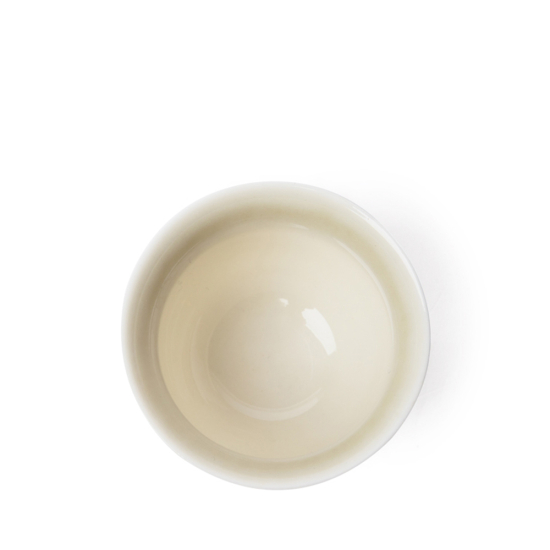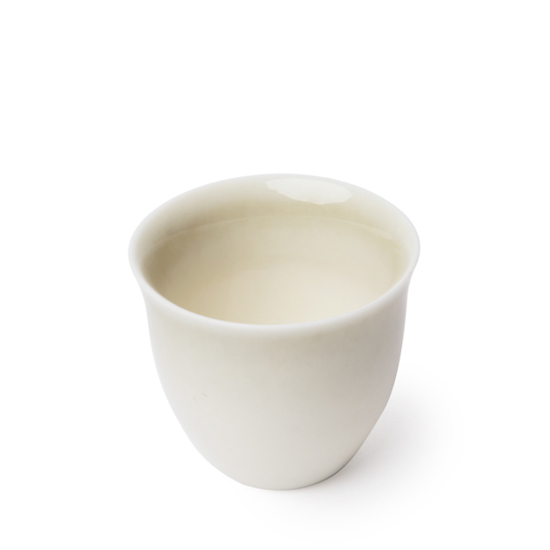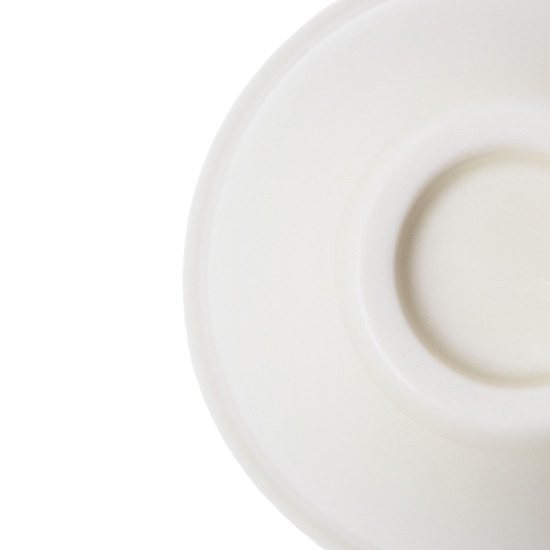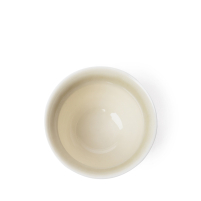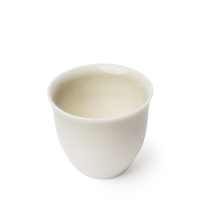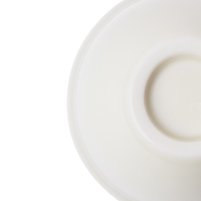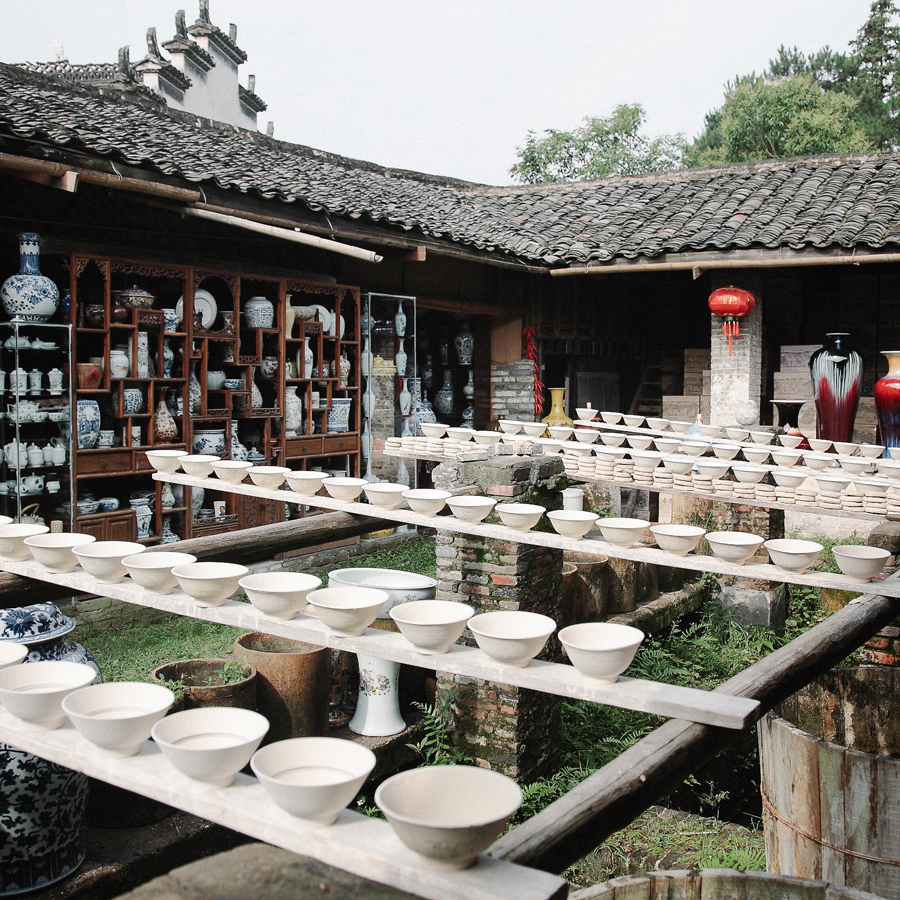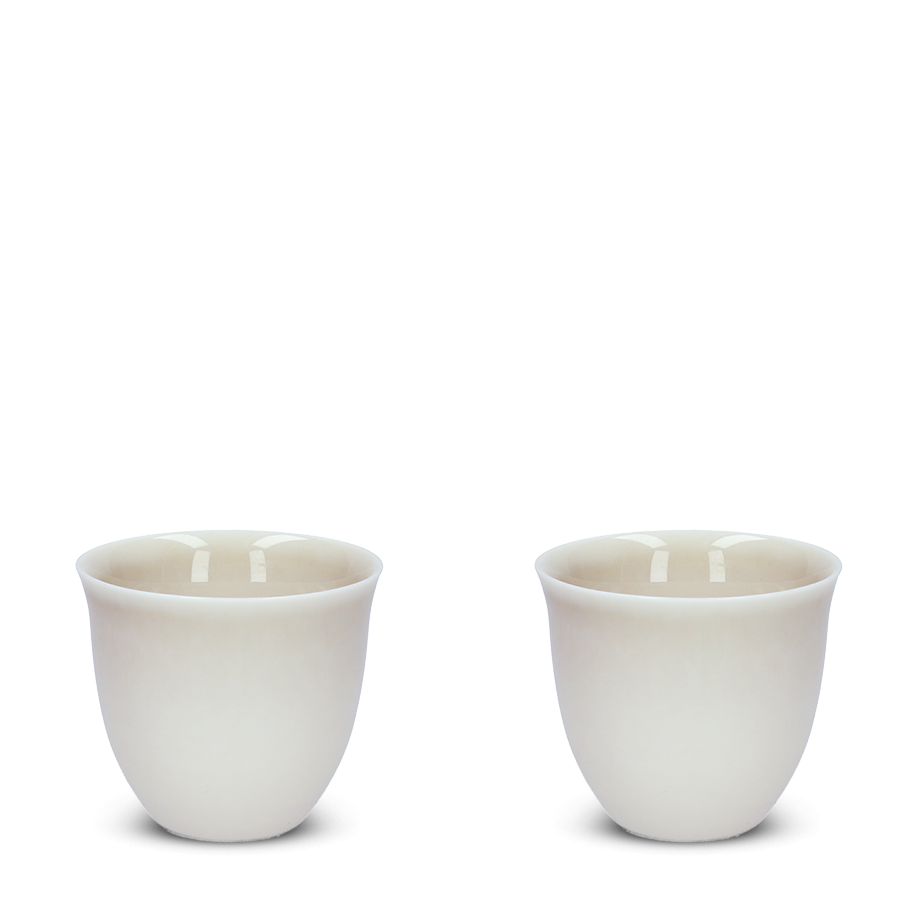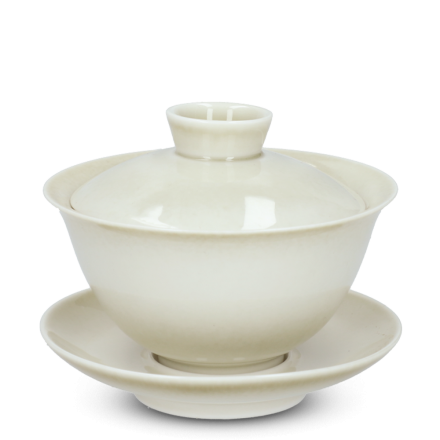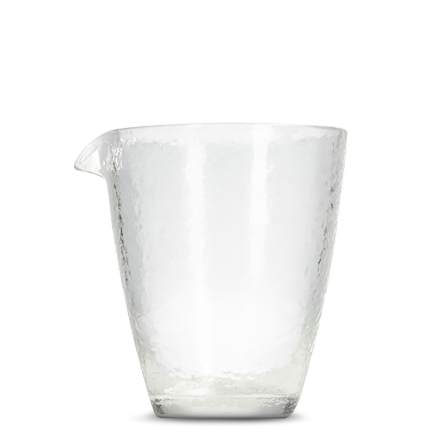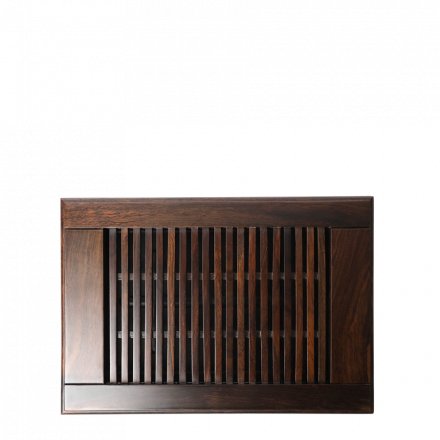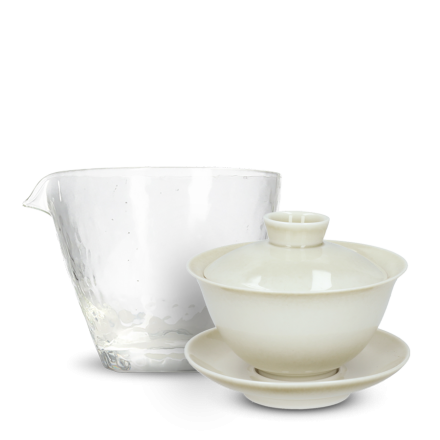The birthplace of porcelain, Jingdezhen has been producing the finest Chinese ceramics for over a thousand years and was home to some of China’s most important imperial kilns. Surrounded by breathtaking nature in the northeastern corner of Jiangxi province, the remoteness of the small city has helped preserve age-old traditions that are still in practice to this day. When Europeans first encountered Chinese porcelain back in the 14th century, they concluded that this ethereal yet solid "white gold" could only have been made by magic. The secret? Kaolin: the soft white clay essential to manufacturing porcelain, named after the Gaoling mountain in Jingdezhen where this resource was available in abundance.The legendary Chinese tea master Lu Yu (733–804), aka "the Sage of Tea", regarded frugality and restraint as essential to the art of the tea connoisseur. Few tea accessories encapsulate these qualities quite as effectively as the tiny Pin Ming Bei cup (literally "tasting tea cup") designed for sipping, rather than gulping, thereby encouraging the user to focus on and savour the taste of the tea. This is especially pertinent for fine Chinese teas that subtly evolve with each infusion, taking the drinker on a flavour journey. Full-bodied oolong teas in particular, with a stronger taste and aroma, are best enjoyed in small sips.



